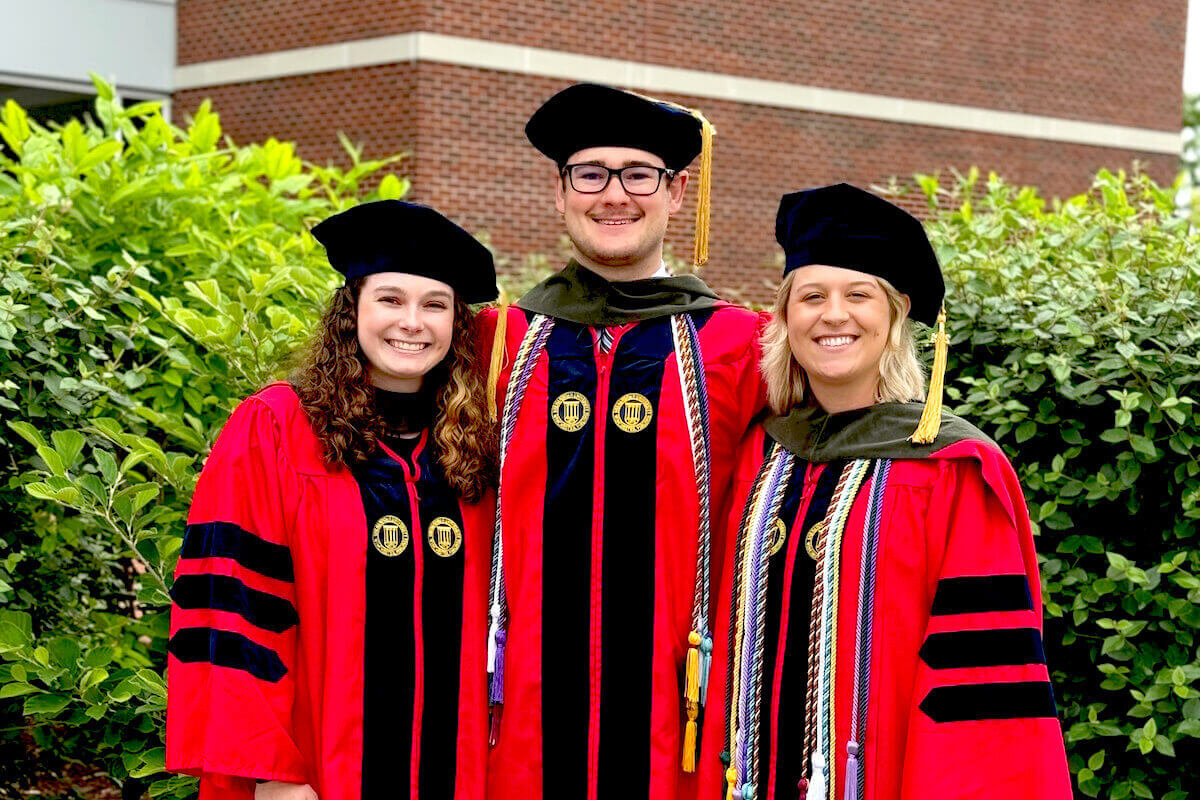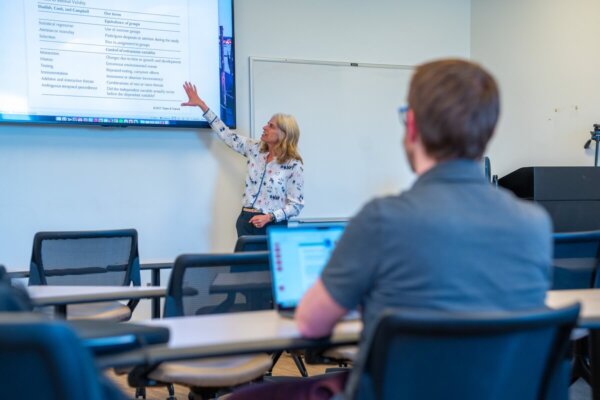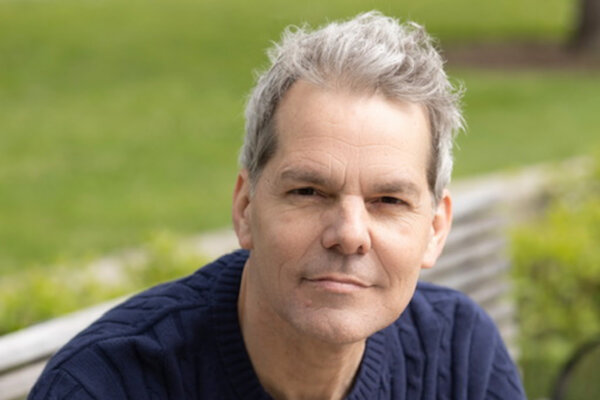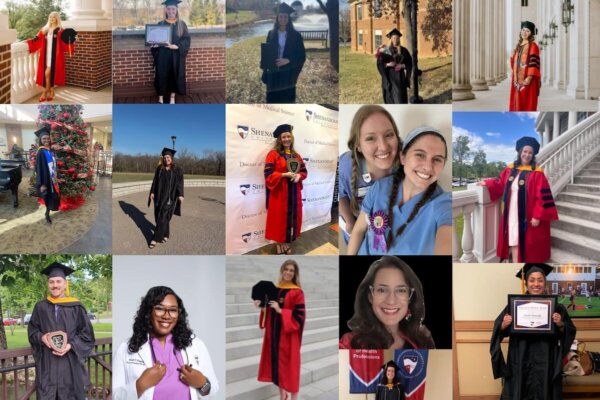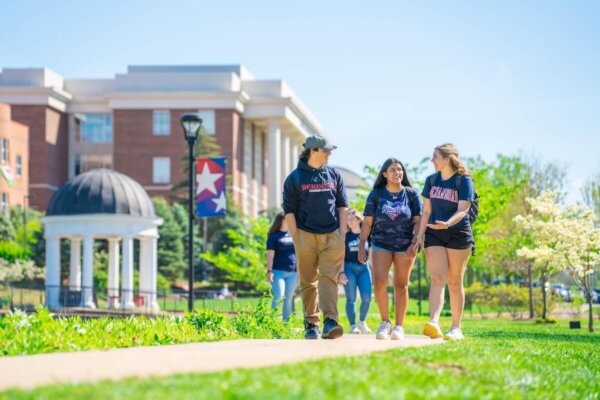Shenandoah University Hosts Longtime Civil Rights Activist
Dolores Huerta, Who Advanced Rights For Farm Workers, Will Talk About Her Life On Monday, Sept. 10
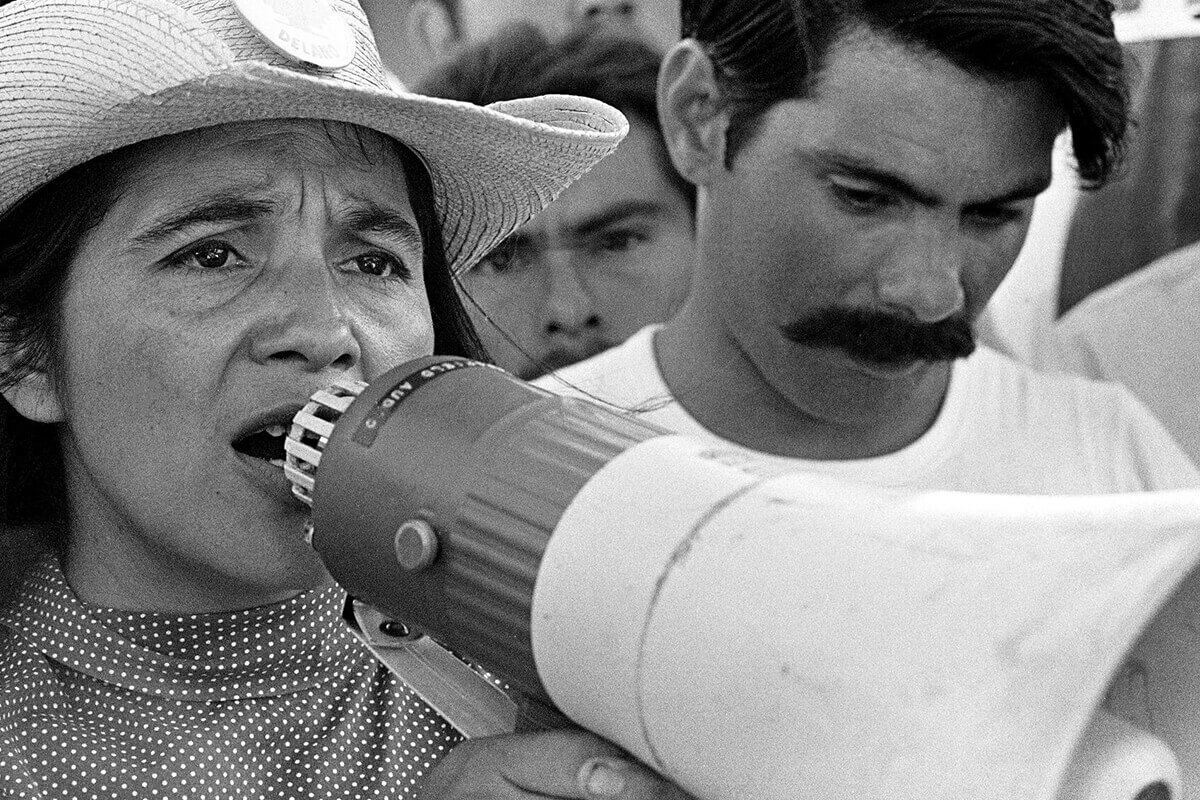
Dolores Huerta, an American labor leader, feminist and civil rights activist, will speak at Shenandoah University on Monday, Sept. 10.
Huerta, 88, will hold her presentation at 2 p.m. in Stimpson Auditorium in Halpin-Harrison Hall. The event is free and open to the public.
Huerta will follow up her talk with a screening of a new documentary, “Dolores: Rebel, Activist, Feminist, Mother” at the Alamo Drafthouse Cinema at 7 p.m. Monday. Cost is $20. Huerta will speak before the film and conduct a question-and-answer session after.
“She’s on the level of Cesar Chávez and Martin Luther King, Jr.,” said Bryan Pearce-Gonzales, Ph.D., professor of Hispanic studies at Shenandoah University, who helped to arrange Huerta’s visit.” She’s one of those larger-than-life, important political figures and activists. She’s the American dream story. She’s not a singer, a dancer or an actor. She’s just trying to fight for the downtrodden and people who might not have a voice.”
Huerta was born in 1930 in Dawson, New Mexico. Although small in stature, she has been vocal about improving the lives and wages of farm workers and Spanish-speaking people since the 1950s. In 1962, she co-founded, with Cesar Chávez, the National Farm Workers Association. In 1963, she secured disability insurance for farm workers in California. She also set up voter registration drives and advocated for barrio improvements. In 2012, President Barack Obama awarded her the Presidential Medal of Freedom.
“She’s only this tall,” he said, holding up his hand about 5 feet above the ground, “but she has the personality of a fire-breathing dragon. She won’t take no for an answer. She won’t be distracted from the cause.”
Huerta was planning to be at a screening of her film at the Alamo in the spring, but she was unable to make it. The film was still shown and the audience loved it, Dr. Pearce-Gonzales said. Andy Gyurisin, programming and promotions manager for the Alamo, said they should make another push to bring Huerta back this fall.
“It was really Andy’s idea,” Pearce-Gonzales said. “I’m just trying to make it happen.”
Pearce-Gonzales was aware of Huerta growing up but learned more about her while he was in a history class in graduate school. The professor told the students to adopt a famous personality for a simulation activity. Pearce-Gonzales chose Huerta and assumed her “vociferous, outspoken and powerful” personality.
“I researched her and got to love her,” he said.
Since then, Pearce-Gonzales has kept up with the activist. Meeting Huerta, he said, will be like a Rolling Stones fan meeting frontman Mick Jagger. As a Latino who has had farm workers in his family, Pearce-Gonzales said he feels a personal connection with the civil rights activist. He admires her strength and her ability to get her message out and to get people to follow her cause.

